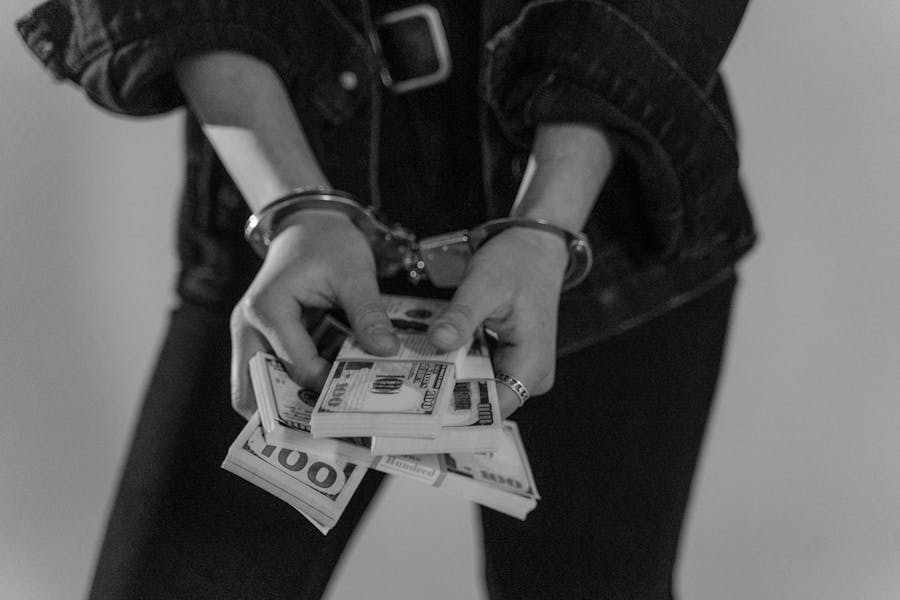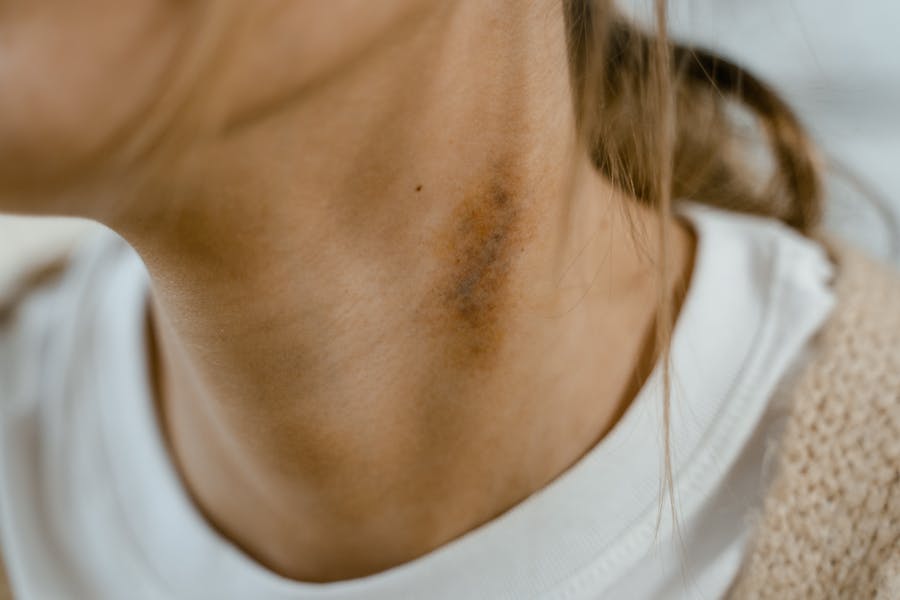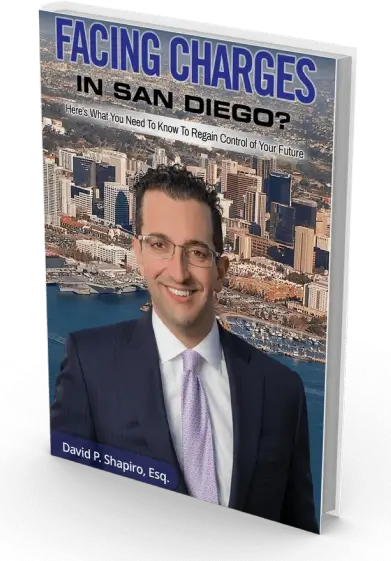Preparing for Trial in a Criminal Case: What You Need to Know in San Diego
Facing criminal charges is one of the most stressful experiences a person can go through. If your case is headed to trial in San Diego, you may be feeling a mix of anxiety, uncertainty, and fear about what lies ahead. As criminal defense attorneys who have stood beside countless clients in the courtroom, we understand the weight of this burden.
While every case is different, there are certain key aspects of trial preparation that remain constant. Knowing what to expect and how to effectively prepare can make a significant difference in the outcome of your case.
Understanding Where Your Case Will Be Heard
The first question many defendants have is, where will my case be heard? In San Diego, most criminal cases are not pre-assigned to a specific judge. This means you won’t know which judge or department will oversee your trial until your first day in court. Typically, you will be directed to a “Grand Central Station”-type setting where both the defense and prosecution indicate they are ready, and the judge will assign the case to a department.
In branch courthouses such as Chula Vista or Vista, attorneys may try to anticipate which judge will hear the case based on court schedules. In downtown San Diego, where there are more available courtrooms, predicting case assignments can be more difficult. For juvenile or federal cases, the process is different: cases are usually pre-assigned to a specific judge after the indictment or preliminary hearing phase.
Pre-Assignment Requests
In unique cases involving potential life sentences or complex issues, your attorney might request a pre-assignment to ensure proper preparation. This request involves discussions between your attorney, the district attorney, and the presiding judge.
Pre-Trial Motions (Motions in Limine)
Once assigned to a trial department, pre-trial motions, known as motions in limine, begin. These motions set the boundaries for what evidence and topics can be discussed during the trial. Both the defense and prosecution submit written motions, which the judge reviews before or on the first day of trial. Arguing these motions helps ensure a smoother trial with fewer interruptions, sidebars, or unexpected objections.
Jury Selection
Jury selection, or voir dire, is arguably one of the most critical parts of a criminal trial. While less experienced lawyers might emphasize closing arguments or dramatic cross-examinations, seasoned attorneys know that the selection of jurors can make or break a case. The goal is to identify jurors who can be impartial, though this is sometimes more challenging in practice.
How Jury Selection Works
The process can take hours, days, or even weeks, depending on the complexity of the case. Potential jurors are screened for their ability to commit to the trial’s length and their impartiality. The defense attorney, who often goes first, will try to get jurors to speak openly and reveal biases.
Types of Challenges
There are two main types of juror challenges:
- For Cause: Unlimited in number, these challenges are used when a potential juror cannot be fair.
- Peremptory: Limited in number, these can dismiss a juror for any reason except race, sexual orientation, or other protected classes.
Once the jury is selected and sworn in, the trial begins.
Opening Statements
Opening statements set the stage for what the jury can expect. The prosecution starts by summarizing the case and presenting what they believe the evidence will show. The defense may choose to outline their strategy and key points, leaving room for flexibility if certain elements of the case are still uncertain.
Presenting Evidence and Witness Testimonies
After opening statements, the prosecution presents their case first. This includes calling witnesses such as the accuser, law enforcement, and expert witnesses. The defense has the opportunity to cross-examine these witnesses and raise objections to testimony or evidence.
The defense does not have to present any witnesses since the burden of proof lies with the prosecution. However, the defense may choose to call witnesses or present evidence to strengthen their case.
Closing Arguments and Jury Instructions
Once all evidence is presented, the trial moves to closing arguments. The prosecution summarizes the evidence and argues why the jury should convict. The defense counters by pointing out weaknesses in the prosecution’s case, emphasizing reasonable doubt, or arguing for their client’s innocence.
In California, the prosecution has the final word with a rebuttal argument after the defense’s closing statement. The judge may give final instructions to the jury at this stage, outlining the legal standards they must apply during deliberations.
Jury Deliberation
During deliberation, the jury selects a foreperson to guide discussions and keep everyone on track. They review evidence, ask for readbacks of testimony, and decide whether the prosecution has proven each count beyond a reasonable doubt.
If the jury reaches a unanimous decision, they return a verdict of guilty or not guilty. A non-unanimous jury results in a hung jury and a potential mistrial, leading to possible retrial discussions.
Sentencing
If convicted, sentencing depends on the severity of the charges. For misdemeanors, sentencing may occur immediately or within a short timeframe. For felonies, sentencing is often set for at least a month after conviction to allow for a pre-sentence report by probation. This report provides the judge with background information about the defendant, including work and military history, family background, and any aggravating or mitigating factors.
Sentencing Considerations
Judges consider factors such as:
- The defendant’s age
- Prior criminal history
- Aggravating factors (e.g., violence involved)
- The nature of the charge
Victims may present impact statements during sentencing. The defense and prosecution may submit their own sentencing memoranda to influence the judge’s decision.
Preparing for Trial? Get the Support You Deserve
Preparing for a criminal trial is a process that requires thorough preparation and open communication with your attorney. Understanding each phase—from pre-trial motions and jury selection to deliberation and sentencing—can reduce uncertainty and stress. Work closely with your legal counsel to ensure you are well-prepared for what is likely one of the most significant moments in your life.
If you or someone you love is facing criminal charges in California, swift action is imperative. The penalties can be life altering and long lasting. Give us a call today to set up a case evaluation with one of our attorneys and learn how to best protect your freedom and future.
Too often, we see clients who “wait and see,” unsure of the legal landscape ahead, only for charges to escalate. They then find themselves backpedaling into a bad defense and an even worse lawyer. Don’t let that happen to you. Protect your freedom. Protect your future. Know your rights.
The contents of this article and blog are meant for informational and marketing purposes only and do not constitute legal advice. Viewing and/or use of the blog does not form an attorney-client relationship. No statements in this post are a guarantee, warranty, or prediction of a particular result in your case.









